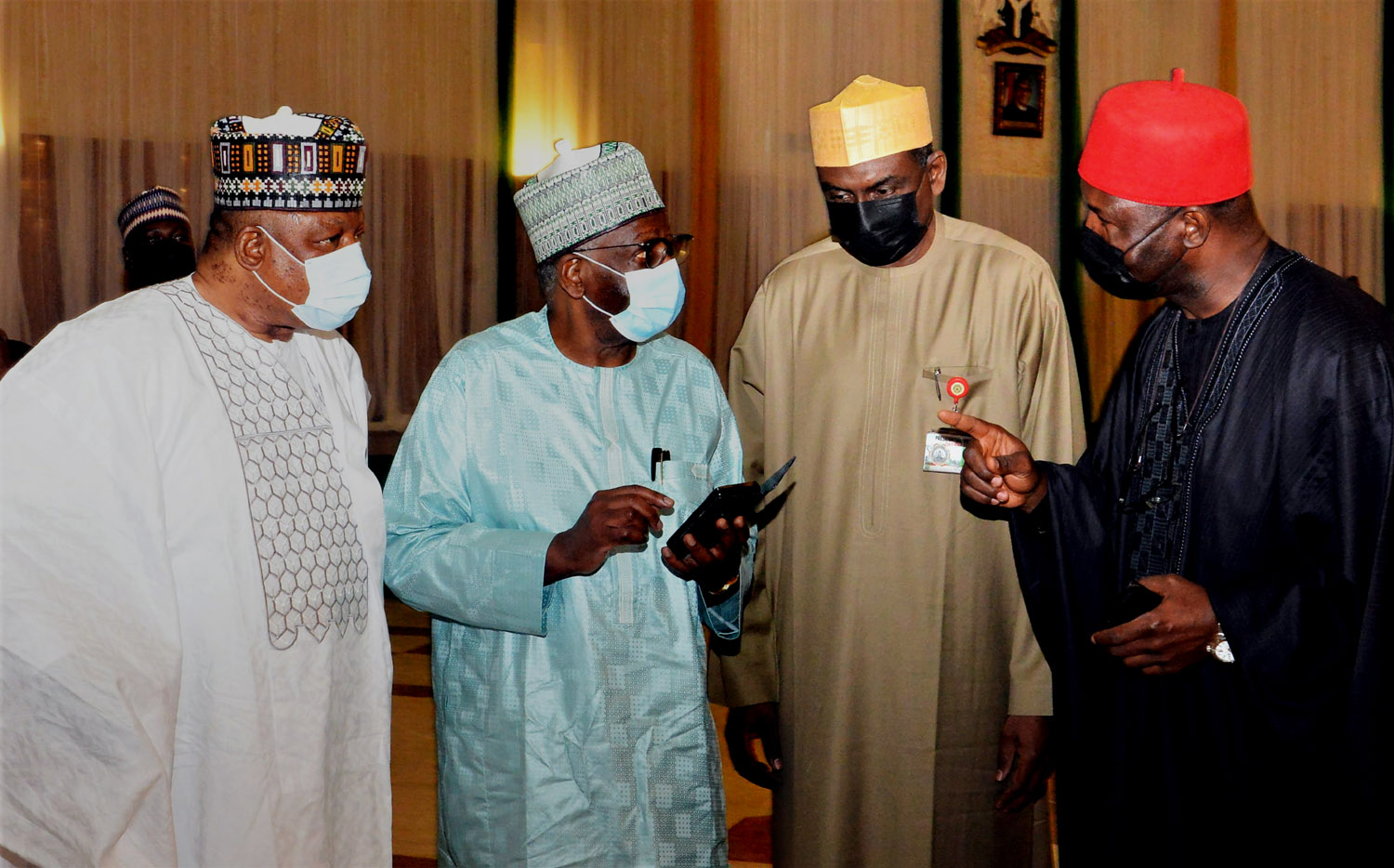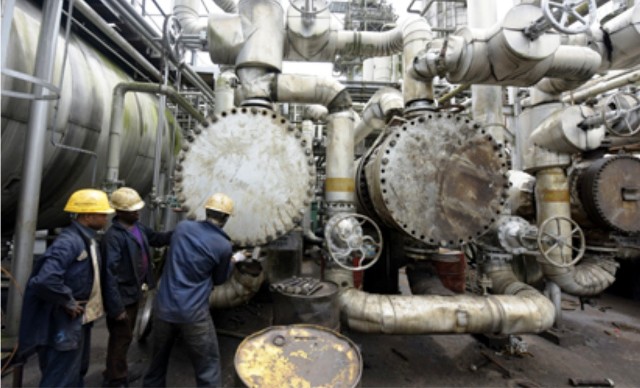Business
Remittances: Senate Accuses NNPC, CBN, Others Of Underpayment

The Senate has accused government owned enterprises of worsening the current dwindling revenues in the country by engaging in spending spree instead of remitting the appropriate funds into the federation account.
The Chairman of the Senate Committee on Finance, Senator Solomon Adeola, made the accusation on Wednesday at a public hearing on the 2022-2024 Medium Term Expenditure and Fiscal Strategy Paper organised by his panel.
Adeola noted with concern that big spenders like the Central Bank of Nigeria, and the Nigerian National Petroleum Corporation among others had yet to remit their operational surplus to the consolidated revenue fund account over the years.
He said: “In budgeting, some revenue generating agencies spend their revenue hiding under the disguise that what accrued to them is not enough for them to carry out their functions.
“From the preliminary investigation carried out by this committee, our findings are not palatable at all. A lot of heads of agencies have taken over the agencies as their personal property.
“They have decided to embark on a spending spree with nobody challenging them.
“Out of the 60 Government Owned Enterprises, I can conveniently say that agencies like the NNPC, I don’t know when last they contributed from their excess revenue into the Consolidated Revenue Fund, except recently when they declared profit.
“The Central Bank of Nigeria, out of an average budget of about N2.3 trillion a year, it is expected that at the end of every financial year, whatever accrues to you as excess revenue, a certain portion of it must be paid into the Consolidated Revenue Fund. As we speak, within the last five to six years, CBN has not contributed anything.”
The Deputy Governor of the CBN, in charge of Economic Policy, Dr. Kingsley Obiora, who represented Godwin Emefiele at the session, disagreed with the assertion of the Senate Committee chairman.
Obiora said: “I just want to, with due respect and deep reverence, categorically say that the allegation that the CBN has not remitted surpluses in any year, let alone the last five years, is 100 per cent not correct.
“We have in the last five years remitted our surpluses in accordance with the law.
“As responsible government agency, we follow the Fiscal Responsibility Act and we do remit 80 per cent of our surpluses every year.”
The Chairman of the committee directed the CBN to produce documentary evidence of its remittances within the last five years unfailingly, Friday.
He also told the apex bank to produce its audited account in the last five years as well as its position paper on monetary policy.
There was a mild drama when the Comptroller General of the Nigerian Customs Service, Colonial Hameed Ali (rtd.), expressed frustrations over the inability of his agency to raise enough revenue from tariff on import.
He therefore solicited the support of the federal lawmakers to empower the NCS through appropriate legislation to impose excise duty on carbonated drinks.
But the senators disagreed with Ali’s proposal and maintained that such action could lead to the total collapse of the manufacturing companies which were currently struggling to survive the harsh economic situation in the country.
Business
IPMAN Wants Marketers To Patronize PH Refinery

Business
Customs To Facilitate Trade, Generate Revenue At Industrial Command

Business
FG To Ban Overloaded Petrol Trucks
-
News2 days ago
Nigeria Seeks EU Approval To Import Non-Hazardous Waste
-
Business2 days ago
FG To Ban Overloaded Petrol Trucks
-
Rivers2 days ago
Council Boss Warns Scrap Dealers, Commends NDI-IGBO For Thriving Economy
-

 Featured2 days ago
Featured2 days agoPa Edwin Clark Propagated National Unity, Says Fubara …Leads Rivers Leaders On Condolence Visit
-
Business2 days ago
Bakassi Deep Seaport Project’ll Be Funded Without Loan – Otu
-

 Featured2 days ago
Featured2 days agoNigeria’s GDP Expanded By 3.84% In Q4 2024 -NBS
-

 Business2 days ago
Business2 days agoCustoms To Facilitate Trade, Generate Revenue At Industrial Command
-
Rivers2 days ago
RSG Launches 2nd Round ‘Big Catch-Up’’ Vaccination Campaign

